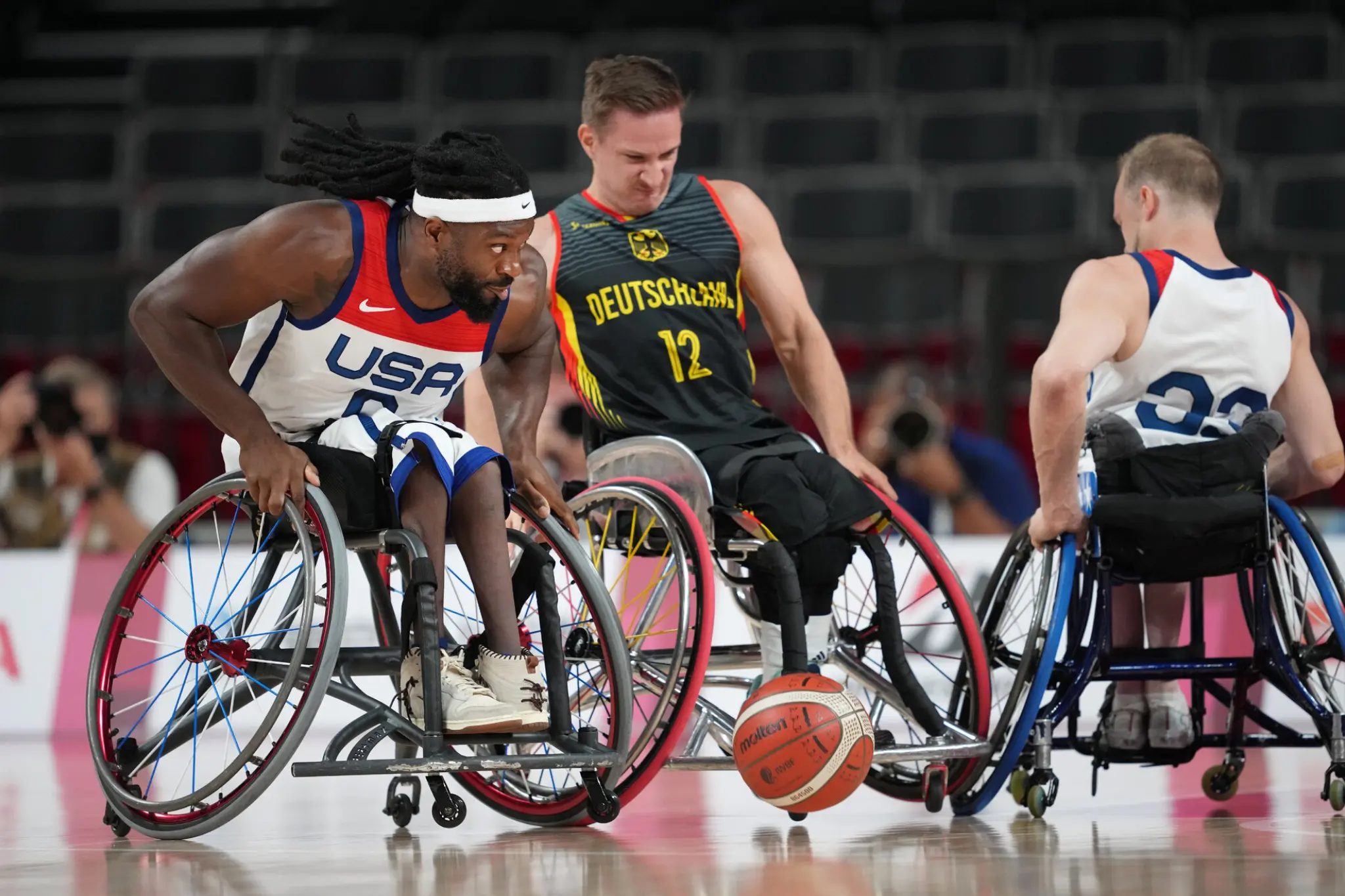We are now concluding this live broadcast dedicated to the passing of Alain Delon. Thank you all for your numerous messages. The iconic actor from Plein soleil and Le Samouraï passed away on Sunday morning at the age of 88, triggering a wave of grief across France and beyond.
“Alain Fabien, Anouchka, Anthony, along with (his dog) Loubo, share the profound sadness of announcing the loss of their father,” his children said in a joint statement to Agence France-Presse (AFP). Delon, who had been battling lymphoma, died around 3 a.m., according to his son Anthony.
“From Mr. Klein to Rocco, from the Leopard to the Samurai, Alain Delon brought legendary characters to life and inspired the world with his unforgettable presence,” President Emmanuel Macron expressed on X, paying tribute to “a French monument.”

Brigitte Bardot also mourned the loss, writing in a message sent to AFP, a copy of which was obtained by Le Monde, “Alain’s passing leaves an immense void that nothing and no one can fill. By dying, he closes a magnificent chapter of a bygone era in which he was a towering figure.”
In his later years, Delon resided on his estate in Douchy (Loiret), where he intended to be buried, near his beloved dogs. The local prefecture has given its “approval in principle” for the burial. On Sunday, dozens of people gathered outside his home to lay flowers, paying their respects to the legendary actor.
Italy salutes Alain Delon, an actor who is also part of its history
Alain Delon’s life story is deeply intertwined with Italy. At just 24 years old, in 1959, he had a pivotal encounter that would shape his future career—meeting the renowned Italian filmmaker Luchino Visconti (1906-1976).
Two years later, under Visconti’s direction, Delon starred in Rocco and His Brothers, portraying a southern Italian immigrant struggling in the harsh, unforgiving landscape of Milan during Italy’s economic boom. This was a time when many impoverished southerners migrated to the flourishing northern cities in search of better opportunities.
“Through Italy, and especially with Visconti, Alain Delon ascended to the heights of global cinema at a very young age,” noted Gian Luca Farinelli, director of the Bologna Cinematheque, a key institution in Italian cinema, in an interview with Le Monde.
“Delon was among the last of a generation of actors who lived dual Franco-Italian careers, much like Marcello Mastroianni, Serge Reggiani, or Philippe Noiret… all part of a truly European cinema, more unified than what we see today.”
Family feud and controversy
Alain Delon’s final significant public appearance occurred at the Cannes Film Festival in 2019, where he was awarded an honorary Palme d’Or in recognition of his illustrious career. However, the decision to honor Delon was met with considerable controversy. Women’s rights organizations criticized the festival for bestowing such an accolade on the actor, highlighting his past admissions of having slapped women. A petition opposing the honor gained traction, amassing over 25,000 signatures from those who believed Delon’s past behavior should have disqualified him from receiving the award.

Delon’s personal life has also been the subject of much public interest. He was married to actress and model Nathalie Delon from 1964 to 1969, and together they had a son, Anthony Delon, who followed in his parents’ footsteps by pursuing a career in acting. Their marriage, though relatively brief, was one of the most talked-about unions in the entertainment industry during the 1960s.
Beyond his marriage to Nathalie, Delon fathered three other children. His first son, Christian Boulogne, was born from his relationship with the German singer and actress Nico, who was known for her association with The Velvet Underground. Christian, who later took on his mother’s last name, Nico, led a life that was both connected to and distanced from Delon, as the actor was not heavily involved in his upbringing.
Delon’s other two children, Anouchka and Alain-Fabien Delon, were born from his relationship with Dutch actress Rosalie van Breemen. The couple met in the 1980s, and their relationship, though not formalized in marriage, was a significant part of Delon’s later life. Anouchka Delon, like her father and half-brother Anthony, pursued a career in acting, making her mark in French cinema. Alain-Fabien Delon also entered the world of acting, in addition to modeling, further cementing the Delon family’s legacy in the entertainment industry.
Despite the controversies that have at times overshadowed his career, Alain Delon’s contributions to cinema are undeniable. His performances have left an indelible mark on French and international cinema, with roles in films such as Le Samouraï, Rocco and His Brothers, and The Leopard solidifying his status as one of the most iconic actors of his generation.
The 2019 Cannes honor was a moment of celebration for many who have admired Delon’s work over the decades, but it also served as a reminder of the complexities surrounding his personal life and public persona. While some viewed the award as a fitting tribute to a cinematic legend, others saw it as a problematic endorsement of a figure with a controversial history.
As Delon’s legacy continues to be discussed and debated, both his achievements and the more contentious aspects of his life are likely to remain part of the conversation. The actor’s influence on film and culture, as well as the public’s response to his actions off-screen, reflect the broader challenges of separating an artist’s work from their personal conduct—a topic that resonates in many spheres beyond just the world of cinema.
In the end, Alain Delon remains a complex figure—a brilliant actor whose contributions to the arts are immense, but whose personal life has sparked debate and divided opinion. His story, like those of many cultural icons, is one of both immense talent and human imperfection.



